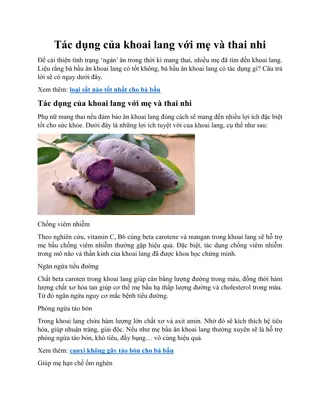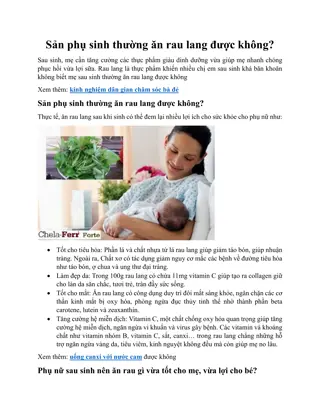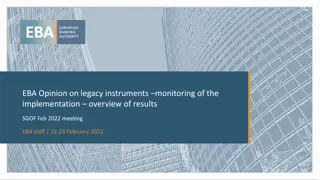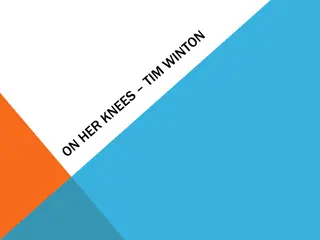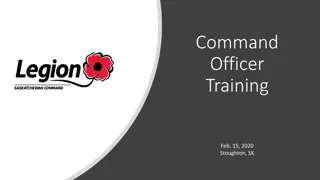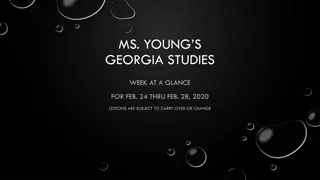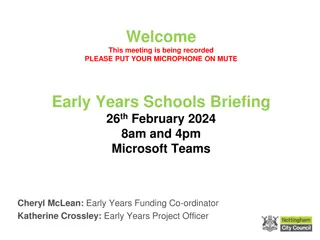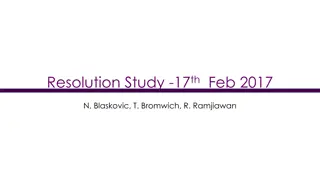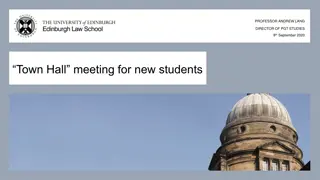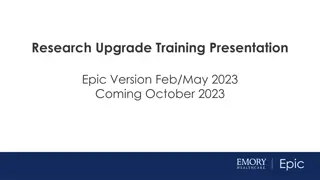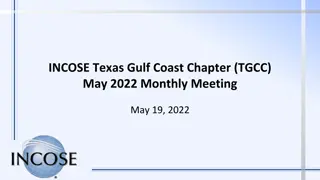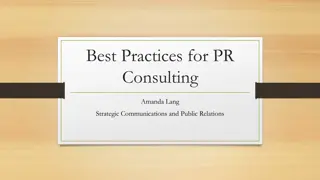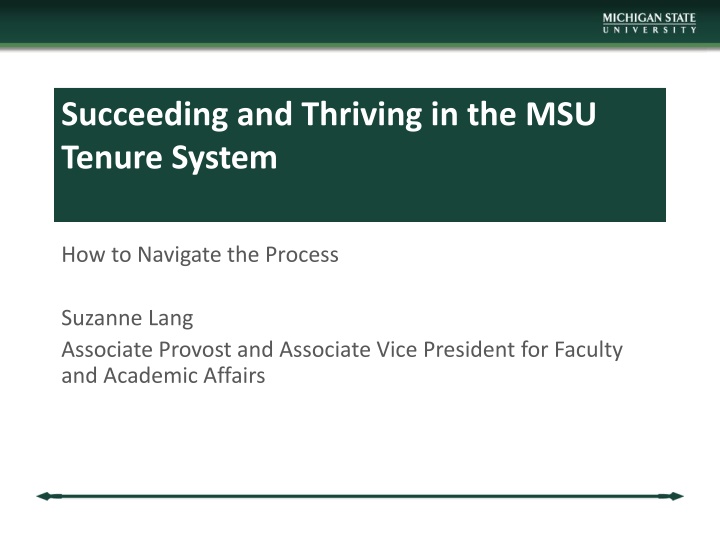
Navigating Tenure Process in MSU: Strategies for Success
Discover essential insights on succeeding in Michigan State University's tenure system, from faculty support to accountability, faculty rights, and responsibilities. Learn key principles for thriving in academia.
Download Presentation

Please find below an Image/Link to download the presentation.
The content on the website is provided AS IS for your information and personal use only. It may not be sold, licensed, or shared on other websites without obtaining consent from the author. If you encounter any issues during the download, it is possible that the publisher has removed the file from their server.
You are allowed to download the files provided on this website for personal or commercial use, subject to the condition that they are used lawfully. All files are the property of their respective owners.
The content on the website is provided AS IS for your information and personal use only. It may not be sold, licensed, or shared on other websites without obtaining consent from the author.
E N D
Presentation Transcript
Succeeding and Thriving in the MSU Tenure System How to Navigate the Process Suzanne Lang Associate Provost and Associate Vice President for Faculty and Academic Affairs
The MSU Philosophy Promotion and tenure is a key branch point in a faculty member s life. MSU attempts to hire the best faculty on the market who we are confident can be great professors. We strive to provide a supportive environment, so that they have every opportunity for successful reappointment, promotion and tenure. Administrators play a critical role in supporting faculty success.
Rule #1 TALK & LISTEN TO YOUR CHAIR/DIRECTOR & MENTOR(S)
MSU Philosophy Spring 2021 Memo The Provost establishes the materials to be used for the RPT review Provost Woodruff s Focus Tenure provides academics the freedom to explore and express work that could be antithetical to present knowledge.
Tenure Levels of Accountability Clear values aspirations of each decision rests on our purpose research, teaching, service, outreach, & engagement. We are what we value. Meaningful guidance that is expectant of success. Not exclusionary practices of winnowing academics .
Spring 2021 Memo Tenure represents a milestone along the trajectory of academic achievement. Tenure is not a destination. The standards we set for earning tenure are a reflection of the University writ large.
Faculty Rights & Responsibilities Academic freedom & responsibility are intertwined. Recommendations for reappointment, promotion and tenure are among the most important decisions made by the University. Expectations and procedures must be in alignment between the University, college and academic unit. Faculty Guide for Reappointment, Promotion, and Tenure Review https://hr.msu.edu/ua/promotion/faculty-academic- staff/guide.html
Duties of the Individual to the Institution Highest standards of behavior for each individual. Enables culture and climate that is respectful of all individuals. Without personal responsibility, confidence in the individual(and the institution) is eroded. Faculty have a duty to be accountable for our actions, hear critique, be self-reflective, & come to the aid of others who are subject to negative impacts resulting from inappropriate behaviors. Inaction corrodes the the climate so that our best work can t be accomplished.
Key Policies (1 of 6) Evaluation of teaching, research/creative activities, and service External letters of reference College-level committee Role of central administration Dossier Reflective Essay NOT a narrative of your CV
Diversity, Equity, and Inclusion DEI are core values of MSU Candidates should detail their DEI efforts; provide evidence of activities in the context of reach/creative activities, teaching, outreach and engagement, as appropriate. Describe how these efforts are interwoven and enhance their areas of accomplishment. Where appropriate, faculty commitment to learning and engaging in DEI efforts will be recognized and considered in the RPT process. Ideas on how we operationalize this evaluation needs to be discussed based on the discipline and the culture of the academic unit.
University Standards - Reappointment Based on clear evidence that a record is being established of progress toward: Establishing your program to become an expert of national/international stature Being a solid teacher Being a contributing member of the unit, college, University, and/or discipline Assessment of your work should take into account the quality of outcomes as well as their quantity, acknowledge the creativity of faculty effort, and its impact on students, as well as on others the University serves, and on the field(s) in which the faculty member works.
University Standards Promotion with the Award of Tenure Should be based on a clear record of sustained, outstanding achievements in scholarship, teaching, and service* across the missions. Performance consistent with peer institutions. Record should be predictive of capacity to become an expert of national/international stature and long-term high-quality achievement. *includes accomplishments that advance the effective functioning, climate, and culture of the unit, college, and University, consistent with MSU core values; includes service to the discipline; as well as outreach & engagement to community, state, nationally or internationally.
Key Policies (2 of 6) The norm One 4-year and one 3-year probationary appointment for assistant professors Associate professors may be hired with one probationary appointment, usually 2-4 years. Starting date of the tenure clock is August 16, regardless of when during the calendar year the appointment is effective.
Extensions to the Tenure Clock University policy criteria are the same as for those who have not received an extension. Reasons for extensions: Leaves of absence with or without pay that are one semester to twelve months. Changes in appointment to 50% time or less for one year. Immigration/visa status that does not permit the award of tenure for candidates who have been recommended for tenure. Birth/adoption of a child An extension recommended as an outcome of a hearing and/or appeal conducted pursuant to the Faculty Grievance Policy. The impact of COVID-19 for those in the tenure system as of Spring 2020 and scheduled for mandatory review in the 2020-21 academic year or later The extension is not included as time at rank
COVID Extension (1 of 2) What will be said to internal and external reviewers? In 2020, MSU granted all pre-tenure faculty an automatic one-year extension in the tenure clock because of the impact on scholarly productivity caused by adjustments to COVID-19. The extra time provided by this extension should not in any way be viewed harmful to the faculty candidate. As with other extensions granted under this policy, it should not lead to an expectation that more should have been accomplished by the faculty member given the extra year in the probationary appointment.
How to Use a COVID Impact Statement (1 of 2) Broad discussions within disciplines and academic units need to explore how the discipline(s) has been impacted by the pandemic and what opportunities for program growth and scholarship were not possible to inform the context of how to judge accomplishments. The impact statement provided by a FAS member is accepted as valid because they are a trusted member of the scholarly community. Each impact statement is equally valued.
How to Use a COVID Impact Statement (2 of 2) Impact of the pandemic may be accelerating as well as decelerating and may change over time. Under such extraordinary times, the work that is produced can still be evaluated based on quality and relevance to increasing knowledge and understanding rather than on quantity of work. Assessments about annual reviews, reappointment, and promotion must be made on the information provided by the FAS member. While a COVID impact statement is not required, impact that is not documented cannot be considered in assessments.
Evaluation & Impact of COVID COVID Impact statement - The purpose is to acknowledge that faculty and academic staff (FAS) at MSU have encountered varied challenges due to the pandemic. Guidelines for FAS on writing a COVID-19 impact statement that may be submitted to their unit administrator as part of their activity report for annual review, and to internal and external reviewers upon promotion appointment assessments. Prompts for considering what to include in the impact statement.
How to Use a COVID Impact Statement Value-based categories like: sharing information, expanding opportunities of others, and mentoring/stewardship may be applied to activity reports and impact statements to allow FAS to share the multiple ways learning, teaching, and knowing have occurred to indicate how FAS have been doing valuable, adaptive, human-based work in other new and perhaps non- traditional ways.
COVID Extension (2 of 2) What will be said to internal and external reviewers? In 2020, MSU granted all pre-tenure faculty an automatic one-year extension in the tenure clock because of the impact on scholarly productivity caused by adjustments to COVID-19. The extra time provided by this extension should not in any way be viewed harmful to the faculty candidate. As with other extensions granted under this policy, it should not lead to an expectation that more should have been accomplished by the faculty member given the extra year in the probationary appointment.
Key Policies (3 of 6) Note: Receipt of an automatic extension for any of the reasons above does not preclude consideration for reappointment or promotion with tenure at the normal time. However, if the extension for the first probationary appointment is waived by the faculty member, the extension does not carry over to the second probationary appointment (exception COVID extension). In addition, a faculty member is bound to the outcome of the reappointment review if unsuccessful.
Key Policies (4 of 6) The norm One 4 year and one 3 year probationary appointment for assistant professors. Associate professors may be hired with one probationary appointment, usually 2-4 years. Starting date of the tenure clock is August 16, regardless of when during the calendar year the appointment is effective.
Key Policies (5 of 6) Criteria and procedures must be examined locally. Get copies of standards, procedures, etc. Review college and/or unit mentoring policy Review your letter of appointment Joint appointments Review Multiple Appointment Memorandum Annual performance reviews Conferring with peer advisory committee before a recommendation is forwarded Points of Distinction provides a framework for outreach
Key Policies (6 of 6) Evaluation of teaching, research/creative activities, and service External letters of reference College-level committee Role of central administration Dossier Reflective Essay NOT a narrative of your CV
THE REVIEW PROCESS Department level committee makes recommendation to chair or school director Chair independently makes a recommendation to the dean The dean is advised by a college review committee The dean independently makes a recommendation to the provost
THE REVIEW PROCESS (Continued) Representatives of the provost meet with each dean Associate Provost FASA, and a distinguished MSU faculty panel - - to review each case Provost meets with representatives and formulates recommendations for President and Board of Trustees
For the Health Colleges CHM, COM, CON With the creation of the position of Executive Vice President for Health Sciences, and the change in the reporting relationship of the human health colleges to the EVP: Deans will make recommendations to the Provost and EVP Dean and provost representatives Provost recommendations for reappointment, promotion, and tenure
Rule #1 (again) TALK TO YOUR CHAIR/DIRECTOR & MENTOR(S)
Thank you. Please visit the resource at: http://bit.ly/ThrivingInTheTenureSystem http://bit.ly/ThrivingInTheTenureSystem


